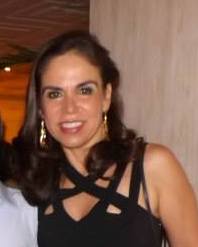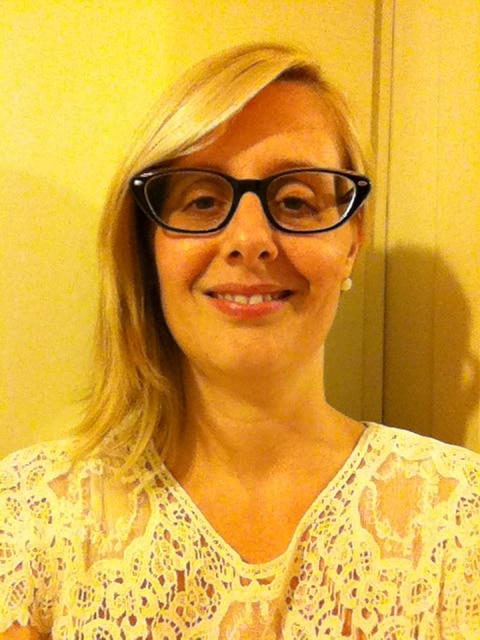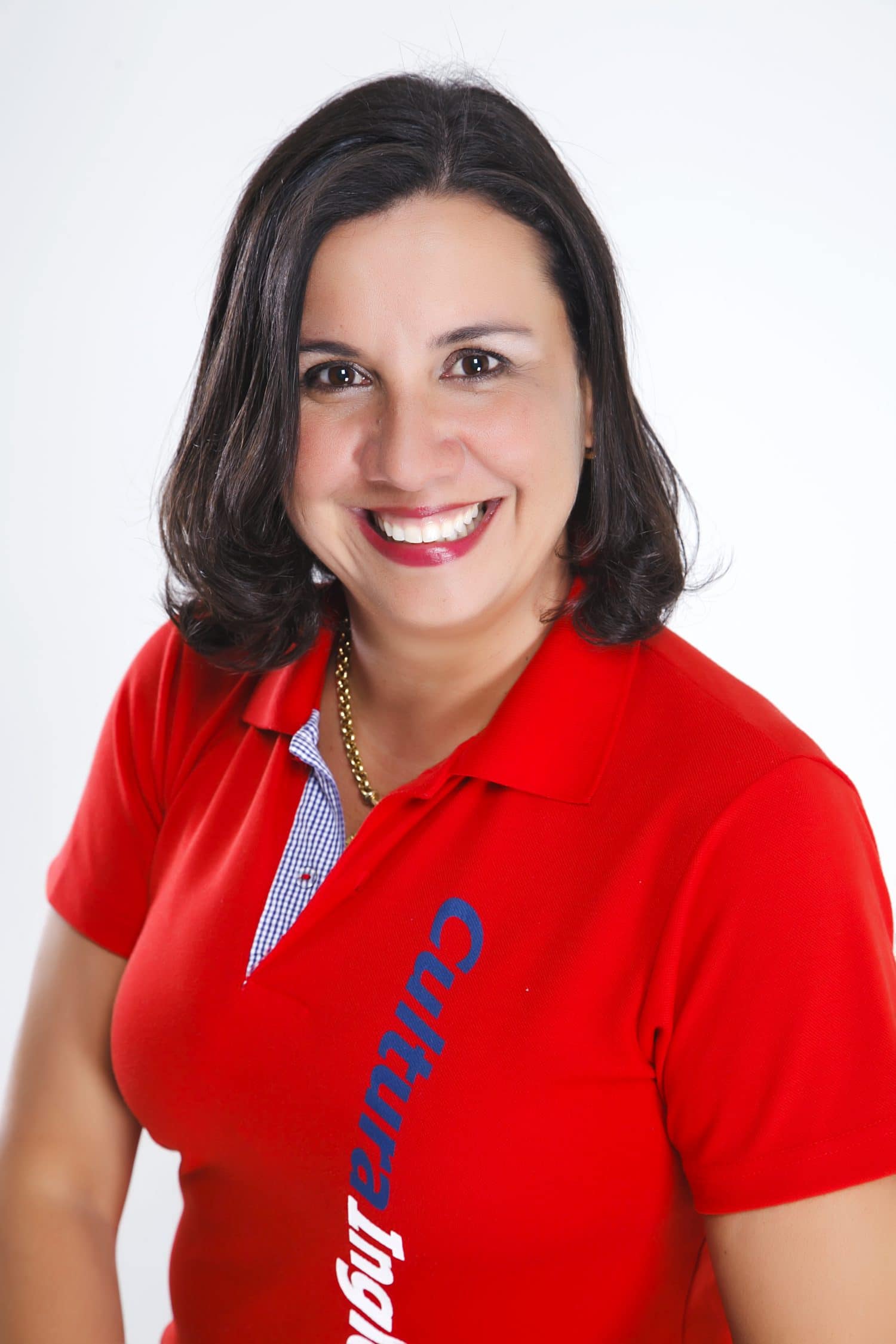Teaching children is not a “anyone-can-do” sort of job
Trying to respond to a high demand for English instruction, English schools pop up everywhere, without a proper control from the government in relation to the educational background of the teachers who will work in such schools. Called “cursos livres” by the Ministry of Education, they are not part of the regular school system, which means they don’t follow any specific regulations .
Since there is no criterium regarding the teaching of English in preschools and day care centers, a theoretical background is many times substituted by the teachers’ empirical knowledge or savoir faire.
Talent and experience are, indeed, important attributes for any educator to have, but there is no doubt that these assets are strengthened when practical knowledge is supported by academic knowledge. When lacking appropriate theoretical support, teachers tend to base their decisions on what Jerome Bruner calls “Intuitive theories”, meaning those which are built based on past experiences, influencing decisions and deeply affecting the interpersonal relationships in the classroom. Although some of these beliefs are beneficial, others are particularly perverse, such as believing that anyone with a basic knowledge of the English language can teach it to children, because they don’t need to learn very complex structures.
Doctors need to go to medical school, dentists need to study Dentistry, engineers can’t start building without a degree in Engineering. English teachers, however, can declare themselves teachers without mastering the language they teach or having any knowledge about child development. This is unfortunately more frequent than we imagine.
Teachers must seek an education, if not in college, at least as autodidacts. There are countless options, such as online courses, books, workshops, conferences, and specialized websites. Those who do not seek their own professional development end up delegating to their beliefs, many times unfounded, the power of deciding how and what to teach. Unfortunately, this is especially true regarding teaching English to kids. We need to study A LOT in order to better teach them: we need to master a language, we need to know the characteristics of the different phases, we need to know their world in order to motivate them, we need to find out how to trigger in them the effort which will make them endure years and years of learning.
On the other hand, children are, every class, a source of valuable lessons that enrich us personally and professionally. That’s why they deserve our very best.
***************************************
This article is based on another article of mine named “O Perfil e a Formação Desejáveis aos Professores de Língua Inglesa para Crianças”, published in “Ensino de Línguas Estrangeiras para Crianças”, organized by Juliana Tonelli and Jonathas Chaguri and published in 2011 by Editora Appris.





